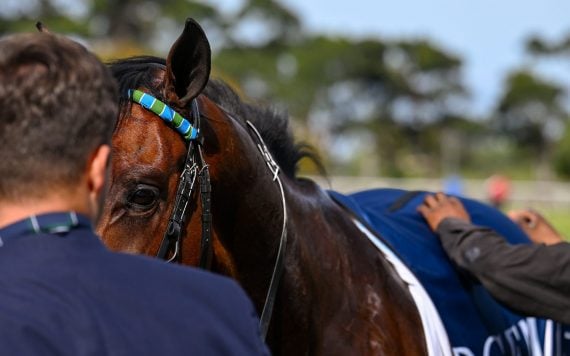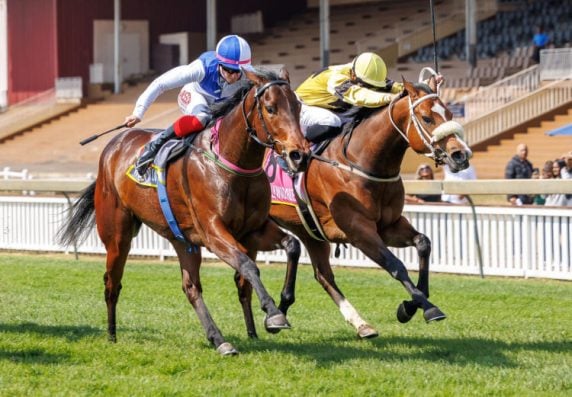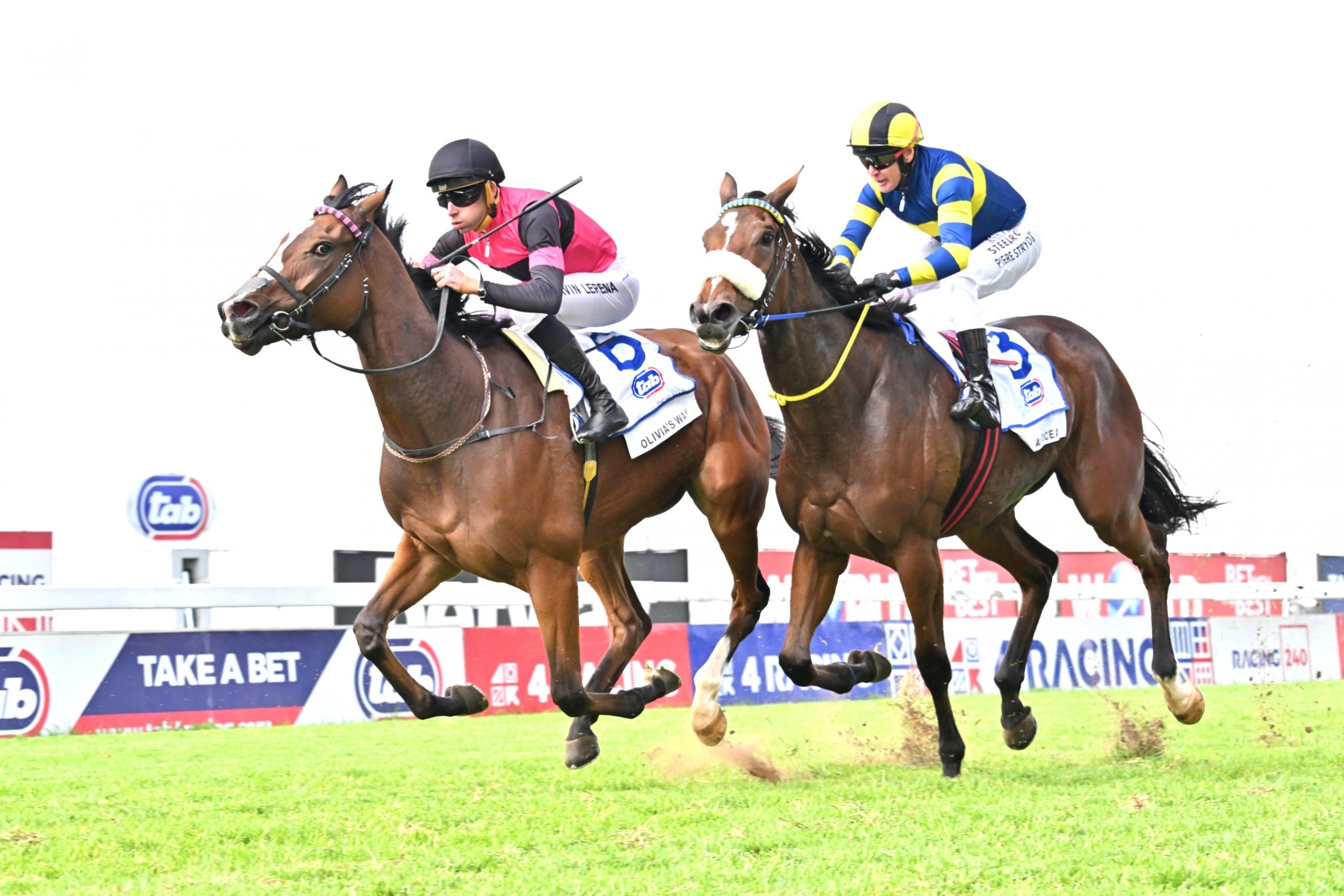Six degrees of separation refers to the idea that everyone is on average approximately six steps away, by way of introduction, from any other person on Earth, so that a chain of, “a friend of a friend” statements can be made, on average, to connect any two people in six steps or fewer. It was originally set out by Frigyes Karinthy and popularized by a play written by John Guare. He posited that despite great physical distances between the globe’s individuals, the growing density of human networks made the actual social distance far smaller.
Who’s Your Daddy ?
Human beings like to order and categorise things. It helps us make sense of the world around us and dictates the way we react to and manage our environment. And so it is that when we meet someone new, the first thing we do is to try and establish some sort of link, common acquaintance, place or experience to inform us about the other person. Or as David Gregory Roberts put it so beautifully, “We know who we are and we define what we are by references to the people we love and our reasons for loving them”.
Polo at Pampoenkraal
Some weeks ago I wrote a piece about Durbanville and a little of the history of the Cape Hunt & Polo Club and its long association with local racing. Originally housed at Wetton Road, the proposed M5 highway in the mid 1970’s necessitated a move. The local council compensated the Hunt Club with a lump sum of R100k to help with the relocation. After negotiations between Patrick Kohler (CHPC chairman and racing steward) and the great racing visionary, Abe Bloomberg (Chairman of Milnerton), the Hunt Club eventually settled in the unused area in the middle of Durbanville race course.
The monies from the council funded the club house building and development of the grounds, and the club have conducted a variety of equestrian activities there ever since.
Cape Hunt Heyday
I grew up in the heyday of the Cape Hunt. The club hunted, raced, played polo, went to shows and also helped nurture the younger riders coming up through the Pony Club ranks. There were functions and weekends away and outrageous parties. There was an enormous amount of cross-over between the different disciplines and some horse and rider pairs would often compete in several (or even all !) the above.
There was also a close association with the racing fraternity, dating back to the days when the Hunt Club were still in residence on Wetton Road. There are lovely stories about the apprentice jockeys spending their Sunday afternoons supporting the show-jumping at the back of Kenilworth. A lot of our recent and current personalities are on the racing scene by virtue of the Cape Hunt – Tommy Loftus, Terrence Millard, Greg Dabbs, Ralph Rixon, the Steyn brothers, Greg Ennion, Bill Prestage, Geoff Woodruff, Mike Bass, Chris Snaith, the list goes on. And of course a lot of the ex professional race horses were recycled into Cape Hunt race horses, then on to the hunt and frequently from there onto other disciplines. It seems that a little of this still continues and I was delighted to discover that Floatyourboat has retired to a Cape Hunt home and is now a hunt horse.
End of an Era
Last Tuesday I attend the last Annual General Meeting of the Cape Hunt & Polo Club and am sad to have to report that the club has dissolved.
The reasons for this are many and varied. The different facets of the club, once so vibrant, have disbanded or moved elsewhere and a lot of the members who have remained, are now relatively advanced in years. The racing section of the club dwindled after the introduction of betting dictated that they should fall subject to Jockey Club rules. With amateur horses, jockeys and trainers becoming subject to the same rules and regulations of professional ones, costs became prohibitive and many either opted out or chose to join the professional ranks. The polo section, once so vibrant, has largely drifted to other centres and the only remaining section is the hunt, which the club was originally built on.
Admin
There have been some administrative issues as well as some financial ones and although the Hunt Club enjoyed a generous rental agreement with Gold Circle, they entered into a sub-lease agreement with Lionel Cohen of Equimark to keep themselves afloat. When the latest lease came to an end, Gold Circle opted to approach the sub-lessee directly and things started to go decidedly south.
Negotiations came to an abrupt halt when Lionel Cohen closed down Equimark earlier this year. Gold Circle then entered into an agreement with the newly formed Cape Thoroughbred Sales Group and the Hunt Club were asked to vacate their premises.
The time that the hunt club relocated to Durbanville was an era of gentlemen and gentlemen’s agreements and it is said that Mr Bloomberg gave his word that the Hunt Club would always have a home at Durbanville. Unfortunately these gallant gentlemen could not foresee how much the world would change and as a gentleman’s word was his bond, it seems this undertaking was not formally documented. As most of the involved parties are no longer with us, these old agreements are difficult to prove, leaving the Hunt Club in rather a difficult situation.
A Steering Committee headed by well-known vet and member of the racing community, Vere Allin approached members of the Cape administration to appeal for some sort of compensation for vacating the club house and premises that they had built, occupied and maintained for the past 36 years, but to no avail. At the end of November the locks were changed and the Hunt Club were out.
Provenance
From the French provenir, “to come from”. Refers to the chronology of the ownership or location of an historical object.
Last Tuesday’s AGM truly marked the end of an era and it was enormously sad to listen to the Club’s affairs being wound up and having the members decide how best to distribute what was left of their assets (mostly competitive equipment and a number of trophies). The gentlemanly spirit that the club was founded on still prevailed and it was particularly poignant that the members voted unanimously to ensure that the racing trophies should be entrusted to the care of appropriate local racing authorities.
The Hunt Club was a breeding ground for so many of our current trainers, jockeys, owners and enthusiasts and it seems remarkably short-sighted to have severed ties with one of the most powerful and effective ways of attracting new interest and support into the racing ranks. With links between the racing and the recreational riding world growing ever more tenuous, we are in danger of losing them, an important piece of our history, and potentially a piece of our future, entirely.
There is a saying that “The man who has no sense of history, is like a man who has no ears or eyes”. There is another saying that in the kingdom of the blind, the one-eyed man is king.
Not wishing to mix my metaphors too much, if racing seems determined to make itself both blind and deaf, one wonders what future it can possibly hope to shuffle towards.








